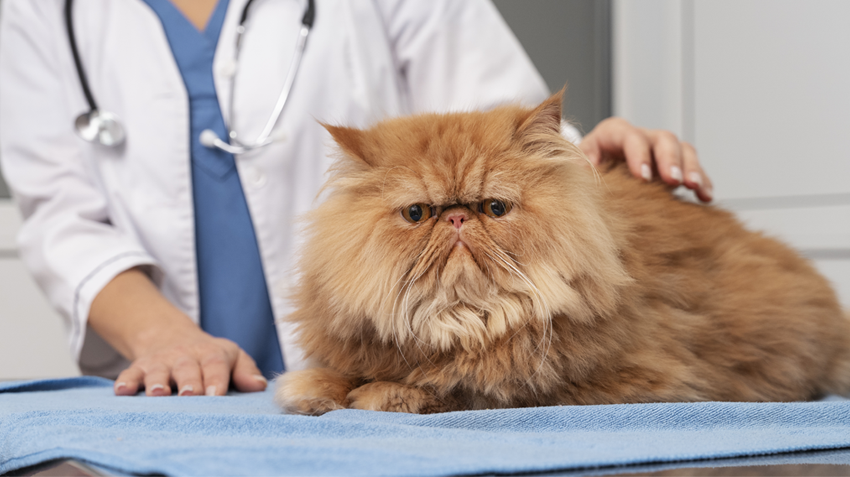
What is Cat Parvovirus (Panleukopenia)? Cat Parvovirus, scientifically known as Feline Panleukopenia, is a highly contagious viral disease that primarily affects cats. The virus belongs to the Parvoviridae family and is particularly resilient in the environment, making it a significant threat to feline populations.
Symptoms of Cat Parvovirus: Identifying the symptoms of Cat Parvovirus is essential for early detection and prompt veterinary intervention. Common symptoms include:
Fever: A sudden increase in body temperature.
Lethargy: Unusual tiredness or lack of interest in usual activities.
Loss of Appetite: Refusing to eat or a significant decrease in food intake.
Vomiting and Diarrhea: Often severe and can lead to dehydration.
Depression: Withdrawn behavior and decreased interaction.
Transmission: Cat Parvovirus is highly contagious and can be transmitted through direct contact with an infected cat or indirect contact with contaminated objects and environments. It’s crucial to keep infected cats isolated to prevent the spread of the virus.
Prevention: Preventing Cat Parvovirus is better than treating it. Here are some preventive measures for cat owners in Malaysia:
Vaccination: Ensure that your cat is up-to-date on vaccinations. Vaccination is the most effective way to protect your cat from Cat Parvovirus.
Quarantine: If you bring a new cat into your home or have an infected cat, consider a quarantine period to prevent the spread of the virus to other cats.
Hygiene Practices: Regularly clean and disinfect your cat’s living environment, including litter boxes, toys, and bedding.
Limit Outdoor Exposure: Restrict your cat’s outdoor activities, especially if there is a known outbreak of the virus in your area.
Veterinary Care: Schedule regular veterinary check-ups to monitor your cat’s health and catch any potential issues early on.


